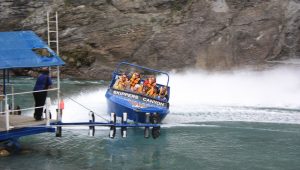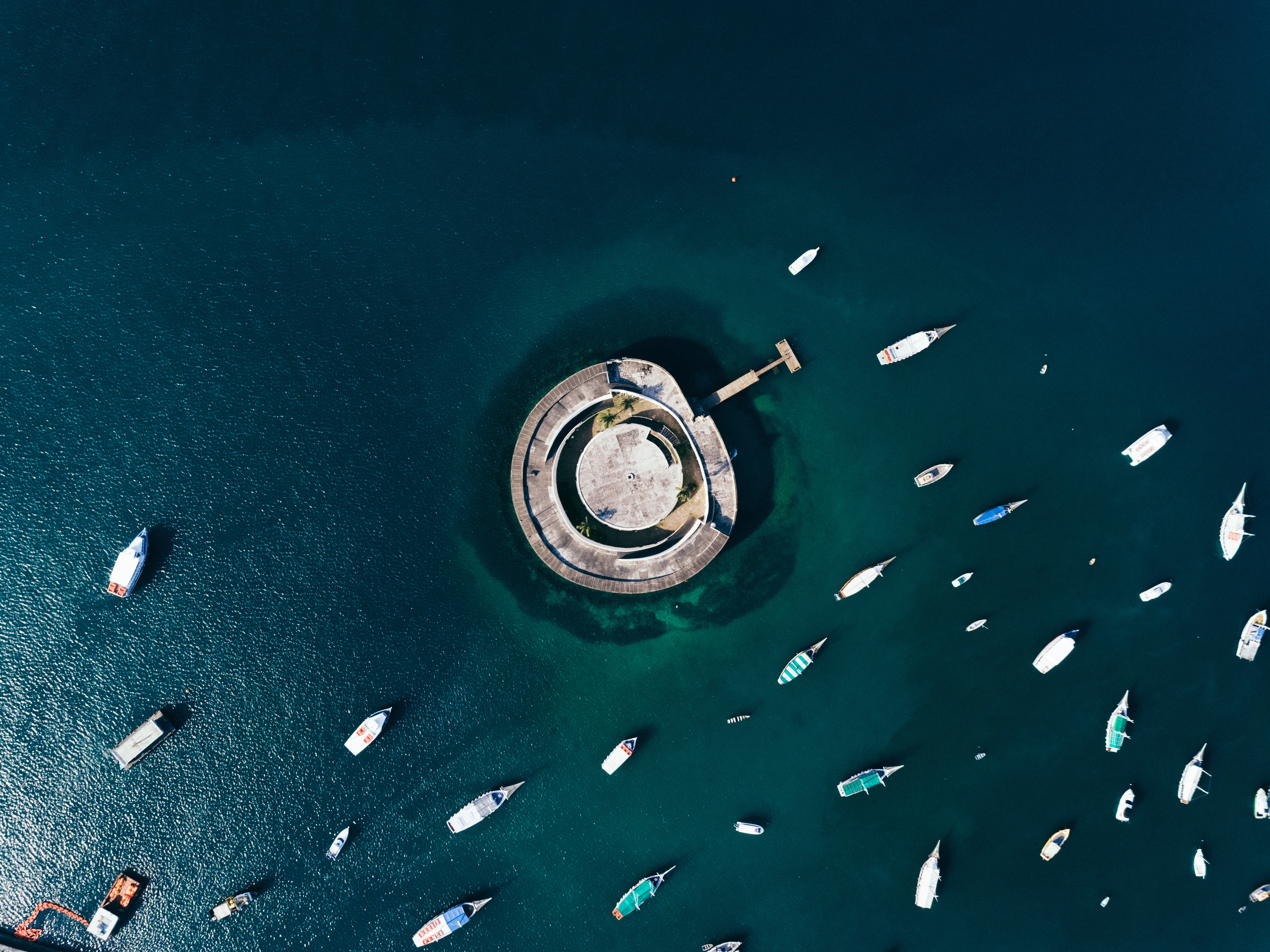Boating laws, federal and state, both clearly state that it is a boat operators’ responsibility to maintain the safety of their passengers.
When out boating, there are plenty of things that can happen that lead to an injury or damages. The legal consequences that follow can be severe depending on how bad the accident was and who was affected. You should become familiar with how legal liability around boating accidents works and the way that it affects everyone involved. Otherwise, a boating accident could permanently affect your life, fiscally, legally, and medically. A majority of accidents have liability depend on the negligence surrounding the incident. Take a look at the general rules that surround legal liability during a boating accident.
Hitting Another Boat
When another boat is hit on the water, both operators are assumed to be at fault with the passengers being the main victims. If both operators are injured, then, like a car accident, fault falls to either of the operators. They can both file legal claims with the argument becoming about the level of negligence exhibited by both parties. An incident with about half the accident being the fault of both parties splits the claim evenly, but having more than fifty percent of the accident be their fault will severely affect that operator’s claim. This doesn’t even take into account the fact that different boats have different rules that apply to them on the water.
Like cars and bikes, motorboats must give sailboats the right of way on the water, legally speaking. Past this, there are several factors that contribute to figuring out who is liable for an accident and the claims that may occur. It is the obvious factors including visibility, traffic, and the speed the boats were going. Boating laws, federal and state, both clearly state that it is a boat operators’ responsibility to maintain the safety of their passengers. Even for incidents like a boat being hit by a wake or wave may have the operator being found at fault.
Wakes, Waves, and Underwater Objects

When it comes to a boat being hit by a wake, the fault falls to the operator of the boat being hit unless the other boat was making wakes inside of a no-wake zone. Similarly, hitting an object underwater will create the automatic assumption that the boat operator was being negligent. Liability can be disputed though if it can be proven that other factors caused the accident putting it out of the boat driver’s control. Simply put, a reckless driver is more liable for an accident than a driver who was following all the rules. Weather and visibility are a big problem out on the water and they can easily be the reason for an accident and disprove a negligence claim if severe enough.
Crewmembers and Maritime Laws
The crew members on a boat are capable of making negligence claims if an operator hasn’t followed the proper protocols. It’s up to an operator to make sure that a boat with their crew is:
- Properly hygienic
- Has all its equipment maintained
- Has all warning signs and railings securely in place
- Has the rules and regulations of a boat followed at all times
If an operator fails to have all these upheld, then they become liable for an accident and vulnerable to negligence claims.
Getting Legal Protection
If you find yourself a part of a boating accident, it is important to find legal help as soon as possible. Legal counsel can help you understand your rights and show in court who was at fault for an incident. They will also help chart your next course of action when it comes to handling any medical or repair bills that result from an accident. Read more at lipcon.com.


Join the conversation!